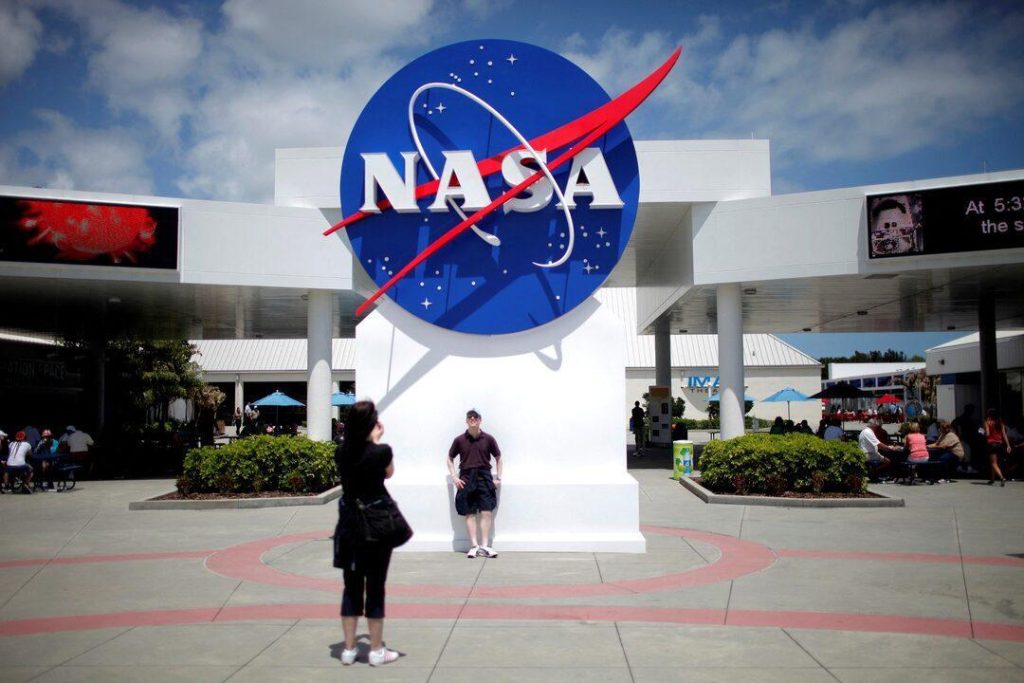
NASA Begins Firing Staff on DOGE Orders, Many Depts to Shut Down
The United States’ National Aeronautics and Space Administration (NASA) has begun implementing massive layoffs, reportedly at the behest of the Department of Government Efficiency (DOGE), led by Elon Musk. The news has sent shockwaves throughout the scientific community, as the agency prepares to close three key departments and shut down multiple offices.
According to a recent report by Latestly, NASA will be laying off employees in the Office of Technology, Policy, and Strategy, the Office of the Chief Scientist, and the Diversity, Equity, Inclusion, and Accessibility branch within the Office of Diversity and Equal Opportunity. The move is part of a broader effort to streamline the agency’s operations and reduce costs, as mandated by DOGE.
The layoffs are expected to affect a significant number of employees, with the exact number still unclear. However, sources within the agency have confirmed that the cuts will be severe, with many long-serving employees facing the possibility of losing their jobs.
The decision to shut down these departments and offices has been met with widespread criticism from scientists, engineers, and advocates for diversity and inclusion. Many have expressed concern about the potential impact on NASA’s research and development efforts, as well as the agency’s ability to attract and retain top talent.
“We are deeply disappointed by this decision,” said Dr. Maria Zuber, NASA’s Associate Administrator for the Office of Science. “The Office of Technology, Policy, and Strategy has been a vital part of our agency’s success, and its closure will only serve to hinder our progress in the years to come.”
The Office of Technology, Policy, and Strategy has been a key player in NASA’s efforts to develop new technologies and policies aimed at advancing the agency’s mission. The office has been responsible for overseeing the development of new spacecraft and rockets, as well as advising the agency on matters related to space law and policy.
The Office of the Chief Scientist, on the other hand, has been responsible for providing scientific guidance and oversight to NASA’s research programs. The office has been a key part of the agency’s efforts to advance our understanding of the universe and to develop new technologies that can be used to benefit humanity.
The Diversity, Equity, Inclusion, and Accessibility branch within the Office of Diversity and Equal Opportunity has been a vital part of NASA’s efforts to promote diversity and inclusion within the agency. The branch has been responsible for developing and implementing programs aimed at increasing diversity and inclusion, as well as providing support and resources to underrepresented groups within the agency.
The closure of these departments and offices is expected to have far-reaching consequences for NASA, including the loss of critical expertise and the disruption of ongoing research and development efforts. Many have expressed concern about the potential impact on the agency’s ability to attract and retain top talent, as well as its ability to fulfill its mission to explore space and advance our understanding of the universe.
In response to the criticism, DOGE has released a statement defending its decision to shut down these departments and offices. “The Department of Government Efficiency is committed to streamlining the government and reducing waste and inefficiency,” said a spokesperson for DOGE. “The closure of these departments and offices is necessary to achieve these goals and to ensure the long-term sustainability of NASA.”
However, many have questioned the wisdom of the decision, citing the potential long-term consequences for the agency and the scientific community. “This decision is short-sighted and misguided,” said Dr. Zuber. “It will only serve to hinder NASA’s progress and to undermine the agency’s ability to fulfill its mission.”
As the situation continues to unfold, many are left wondering what the future holds for NASA and its employees. One thing is certain, however: the decision to shut down these departments and offices will have far-reaching consequences for the agency and the scientific community.
Source:






